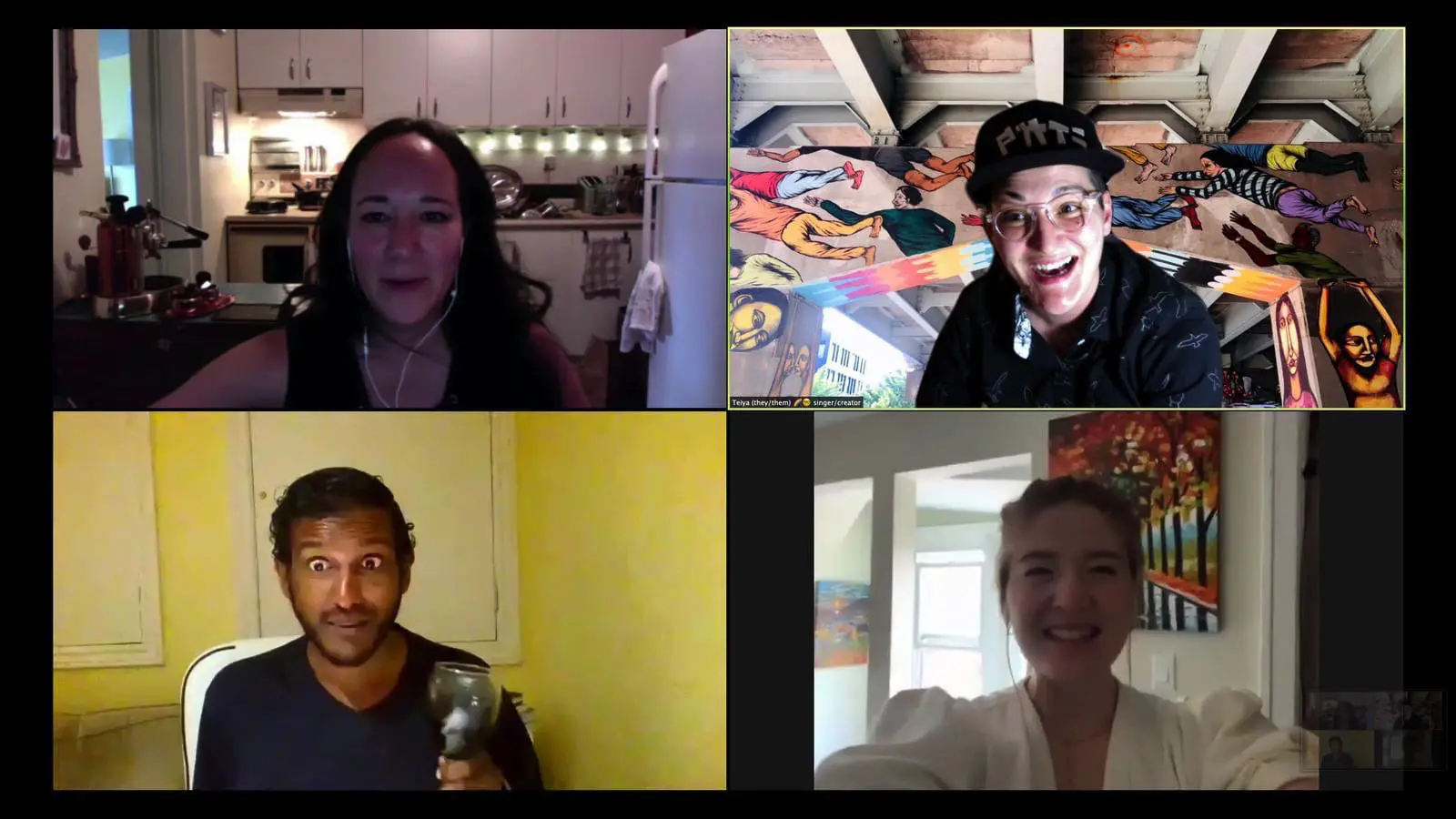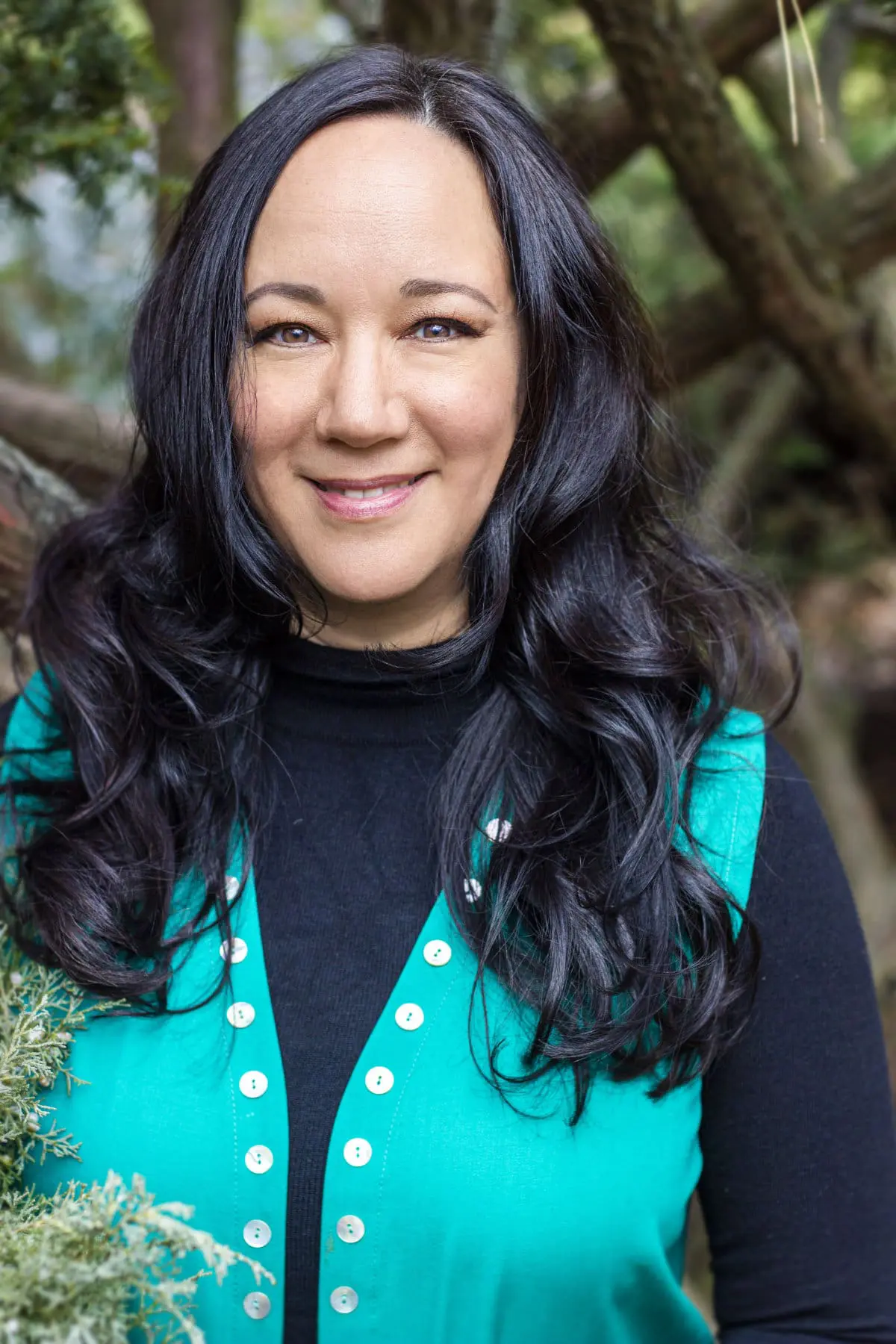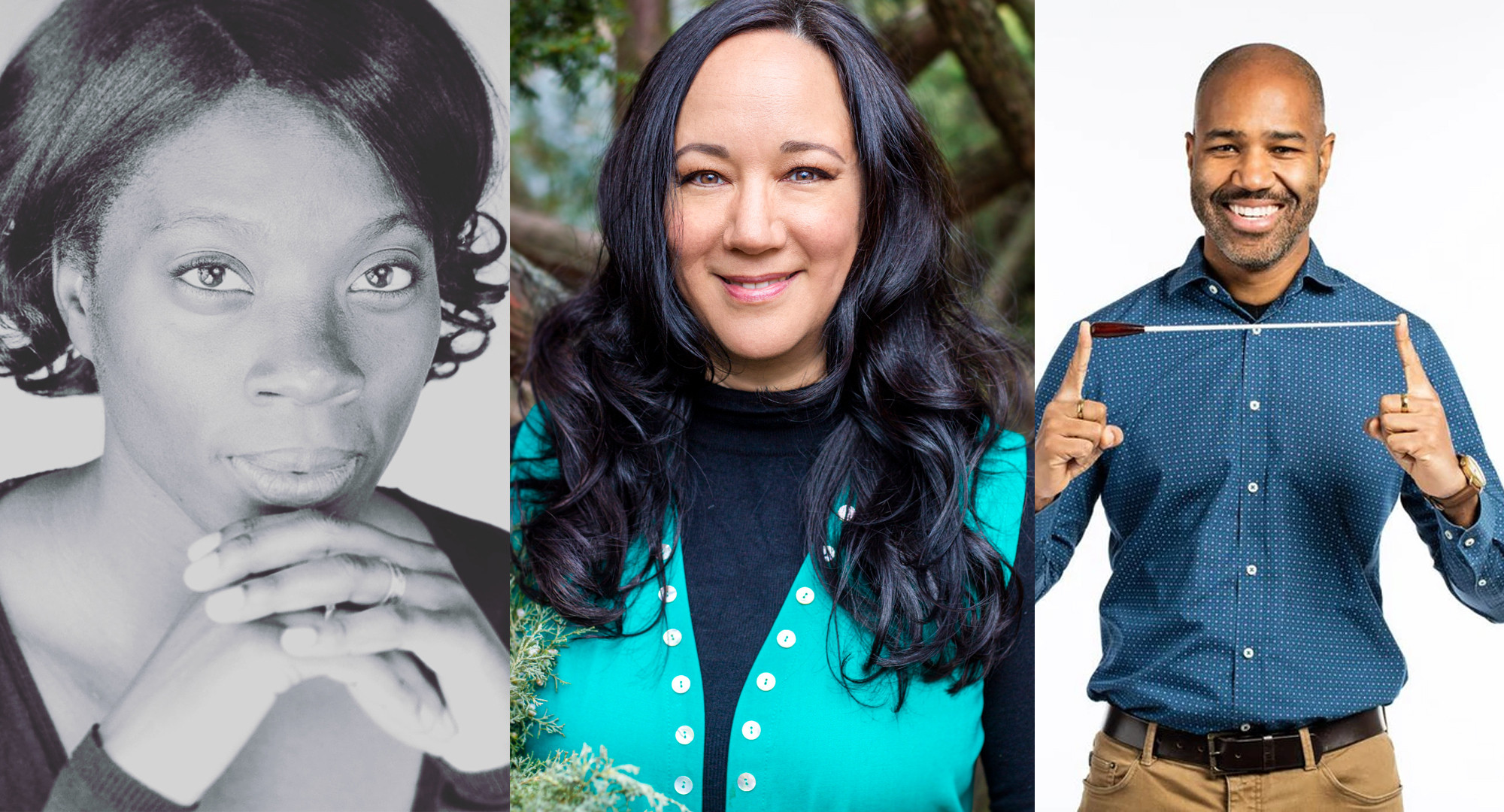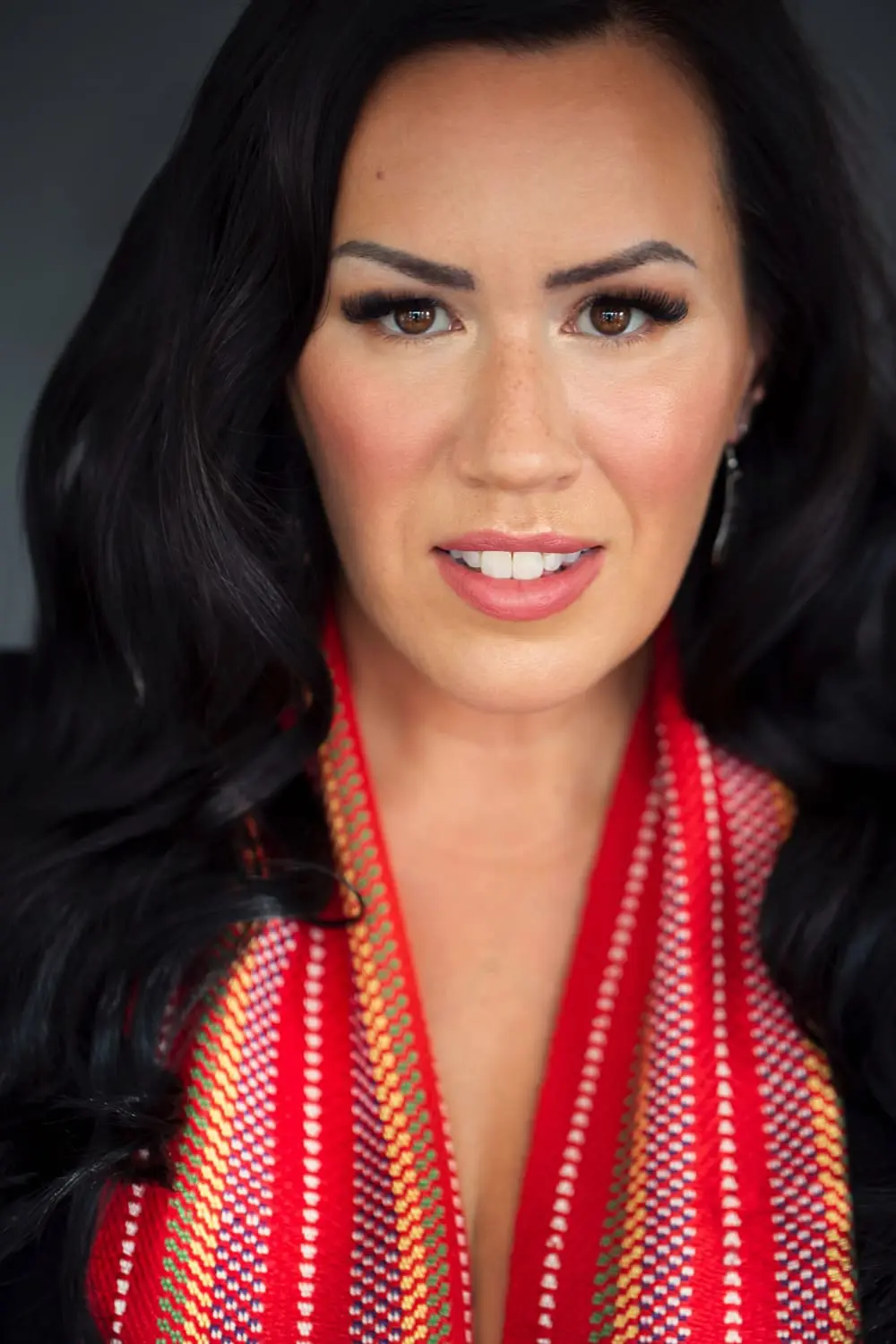As Canada’s artists ready themselves for far-reaching cancellations in the 2020-21 opera season, Opera Canada is checking in. What is the ripple effect of an opera-free season? How many Canadians will call themselves professional artists in a year’s time? How bad has it gotten for freelancing individuals? And are there silver linings? We look for answers in our new series of Q&As, “What’s next?” Next up is mezzo-soprano Marion Newman:
What do the recent announcements of cancelled 2020/21 opera seasons mean for your professional future?
“The short answer is that I will now have about a year to fill before I get back to what I expected to be doing this year. I will still have a career but it will be interrupted until there is a vaccine. The longer answer is that recent cancellation announcements mean that I have been going through a process of disappointment, relief, consideration and the understanding. Disappointment over the lost revenue and the lost momentum. I was excited about my upcoming travel to Wales and Dubai to perform with Welsh National Opera. I was thrilled to be able to live another year without needing a second and third (and sometimes fourth) job so that I could really put all of my energy into performing. Relief comes from my most coveted gigs being postponed rather than cancelled outright. Also relief that I have saved some of my income from this past season.
“This life of trying to ensure my main source of income comes from performing, keeping my side-hustles to a bare minimum, has meant that I’m nearly always ready for the unexpected and I’m good at making what I earn last. Consideration comes into play when trying to figure out what to do with way more free time than I thought I would have and how to make sure that I still get to flex my creative muscles. Understanding how this pandemic has affected all of us and the amount of stress that we have all been trying to deal with or hide, even from ourselves, has been key to learning how to clear my head and get busy doing something productive.”
How much time have you spent considering a new career?
“This question makes me realize that I am always considering what comes next and when and how. Whatever I end up doing beyond my performing career will involve music, so it doesn’t quite feel like I’ll be moving away from my identity as a singer. I have been considering which skills I need to develop in order to be ready for the next stages. Having opportunities to facilitate online conversations regarding systemic racism and decolonization and the experiences of IBPoC artists in opera has informed me that I find this kind of work stimulating and gratifying. Consultation work surrounding how to make this industry safer and better for artists has being making me more articulate on my own instead of relying on the librettist to do that work for me. While I am using this time to work on growing in new ways I do not intend to stop being a singer.”
What plans, singing or otherwise, do you have for the coming season?
“Perhaps because I was somewhat vocal on social media about artists not being a large part of the consideration when the government made decisions to fund the arts, I have been offered various opportunities to work in non-performing ways. I am working in a consulting capacity with Canadian Music Centre BC, working to find ways to make that organization more useful and desirable to IBPoC composers. Decolonization involves identifying the ways that the world of composition shuts out certain communities of composers and I am reaching out to composers to bring them into the conversation about what those ways are and looking for solutions to increase accessibility.
“Shortly before the pandemic hit I was invited to become a co-founder of Amplified Opera and I accepted with glee. Weekly Zoom meetings with my wonderful co-founders have helped to provide some direction and inspiration. Getting to know each other and working out how to build the company so that traditionally ignored voices are better represented has really helped me to distill some of the ways that this industry needs to change.

Marion Newman (top left) with fellow Amplified Opera co-founders: Teiya Kasahara (top right), Aria Umezawa (bottom right), and Asitha Tennekoon (bottom left).
“Confluence Concerts have been engaging in making online content and as one of the Artistic Associates I have now performed in two of these initiatives. The move from live to digital feels like a whole new career in some ways, but I am dipping my foot in, in small ways. It is a joy to get to sing with others, even in a distanced setting.
“Manitoba Opera invited me to be on faculty for their first Digital Emerging Artists Program and with my three other colleagues I am developing a schedule and brilliant cast of artists to engage with the four young artists. Going through the applications submitted by brilliant young singers has given me confidence that opera will continue despite the pandemic and I’m sure I’ll learn as much from their fresh outlook and optimism as they will learn from their experience with all of us.
“I am in constant communication with Domoney Artists, my agency, keeping each other informed and offering needed support. Some of us are doing some in-studio recording for future fun videos and other initiatives so that we can keep our voices in shape and stay focused on doing what we love.”
Marion Newman














